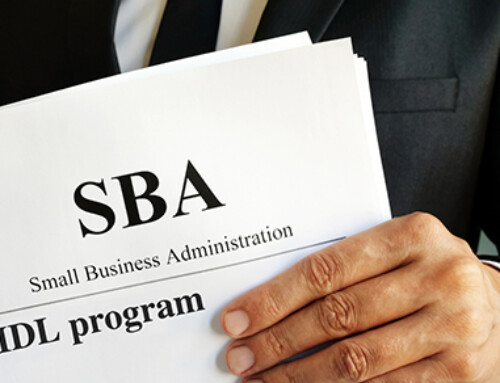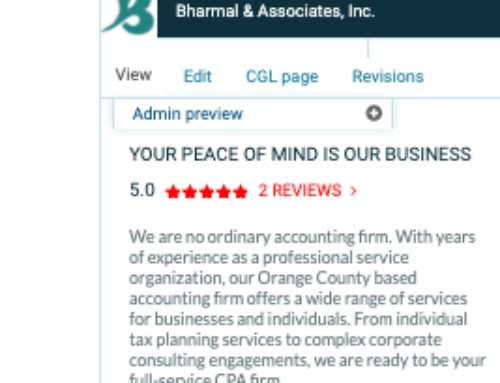By now, we all know about the changes, or at least some of the changes that have been brought about because of the Tax Cuts and Jobs Act (TCJA), also known as the new tax surprise include:
- Cap on state and local tax deductions (SALT)/ $10,000;
- Elimination of personal exemption;
- Elimination of miscellaneous itemized deductions; improve your home; benefits.
- Elimination of the deduction for home equity loan (HELOC) interest used for other purposes other than to buy, build, or
- Earnings while receiving social security
Let’s talk a little about each of the above categories.
(SALT) deductions: California, New York, New Jersey, Illinois, Massachusetts, Connecticut, and the district of Columbia are states most severely impacted by the $10,000 cap on the SALT deduction. The reason why the SALT deduction has a more severe impact on the states mentioned is because these states have taxpayers with significant amounts of taxes that exceed the $10,000 cap, which cannot be deducted.
Elimination of personal exemptions: The personal exemption was a specific amount of money that could have been deducted for yourself and for each of your dependents. It did not matter what your filing status was, prior to the passing of the TCJA, a taxpayer was able to deduct the specific amount. For tax year 2017, the specific amount was $4,050. The personal exemption deduction was eliminated, which means that taxpayers are no longer able to take a personal exemption for themselves or their dependents. Though the personal exemption deduction was eliminated, the deductions was increased.
Elimination of miscellaneous itemized deductions: Expenses such as unreimbursed employee expenses, tax preparation fees, investment expenses, hobby expenses, and expenses to fight the IRS are no longer deductible. Taxpayers who have a lot of unreimbursed employee
Elimination of HELOC interest deduction: IRS issued bulletin IR-2018-32 states the following: “Despite newly-enacted restrictions on home mortgages, taxpayers can often still deduct interest on a home equity loan, home equity line of credit (HELOC)or second mortgage, regardless of how the loan is labelled. TCJA suspends from 2018 until 2026 the deduction for interest paid on home equity loans and lines of credit, unless they are used to buy, build or substantially improve the taxpayer’s home that secures the loan.”
Earnings while receiving social security benefits: If your only income source is social security, the social security is not taxable. However, if you are receiving social security retirement benefits, and you have certain other sources of income, there are a few things that you should know. 1) If your combined income (certain other income, plus half of your social security exceeds the threshold amounts (between $25,000 and $34,000) if a single filer/between $32,000 and $44,000 if married filing jointly), up to 50% of your social security benefits may be taxable. If the combined income amounts exceed the dollar amounts mentions, then up to 85% of your benefits can be taxable. If you are married and file a separate tax return, your social security benefits will likely be taxable. In addition, if you are not full retirement age and you earn more than the threshold amount, your benefits will be reduced $1 for every $2 that you earn over the limit. Once you reach full retirement age, there is no limit to the amount that you can earn and still receive your full social security retirement benefit. For tax year 2018, if you are not full retirement age, $17,040 is the maximum amount that you can earn without your benefits being affected.





